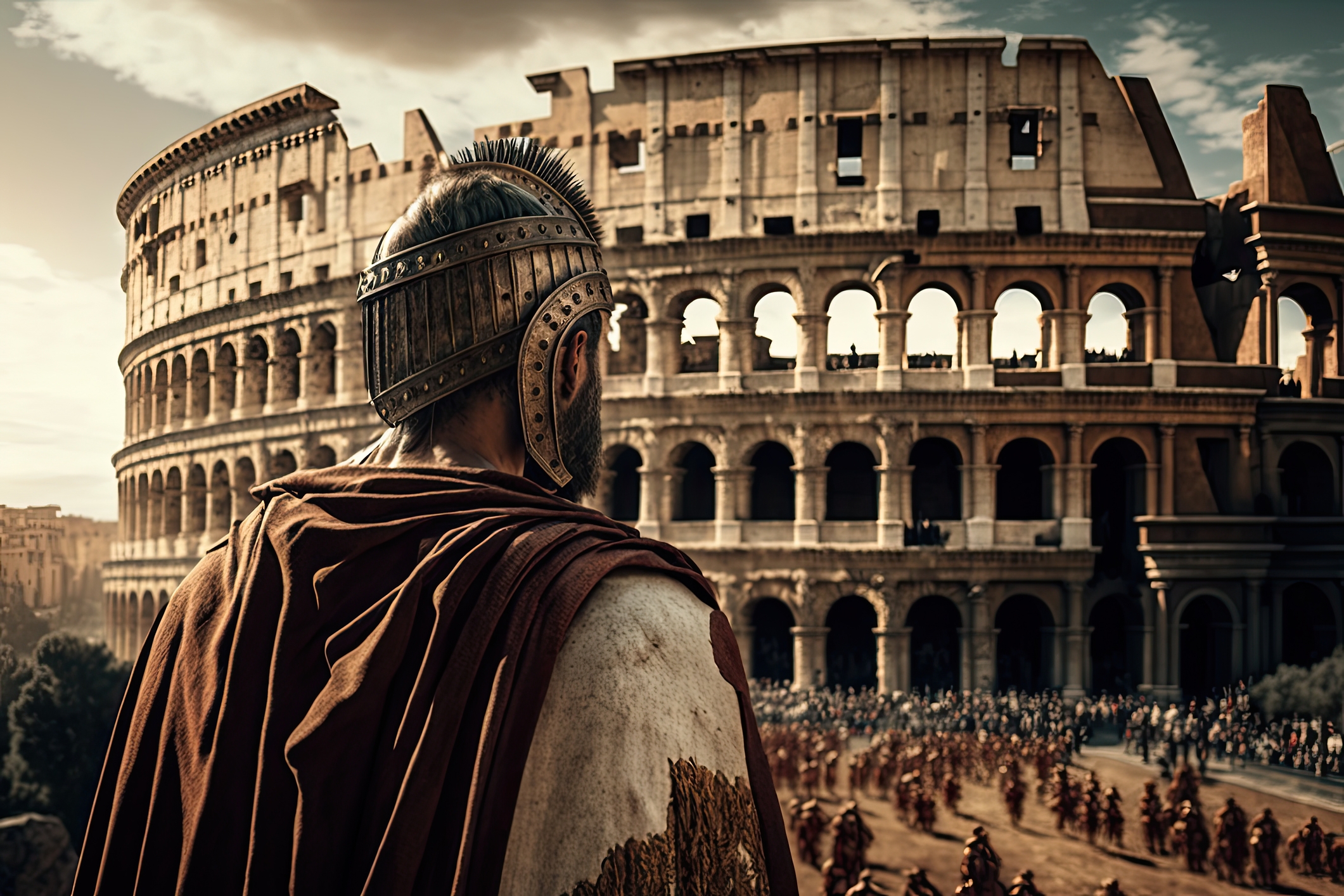Many are familiar with the founding date of Rome, the 21st of April. But have you ever wondered about the birth of the Roman Empire? Unlike the city’s legendary foundation, the inception of the Roman Empire isn’t marked by a singular, universally recognized date. However, a significant moment often considered as the empire’s beginning is when Octavian received the title of “Augustus” from the Roman Senate.
The event, which occurred on January 16, 27 BC, is widely regarded as the inception of the Roman Empire. It marked the transition from the Roman Republic, a state dominated by a complex system of checks and balances and power-sharing, to an era where a single ruler held supreme authority. The title “Augustus,” meaning revered or exalted, symbolized a new era in Roman history: under Octavian, who would now be known as Caesar Augustus, Rome would embark on a period of unprecedented expansion, cultural flourishing, and relative peace, famously known as the Pax Romana. This day, therefore, stands out as a key moment, laying the foundation for what would become one of the most powerful empires in history.
Octavian, born Gaius Octavius on September 23, 63 BC, was the adoptive son and heir of Julius Caesar. He came from a wealthy and important family, with his biological father serving as Governor of Macedonia. After Julius Caesar’s assassination in 44 BC, a power struggle ensued, leading to a period of civil war. Octavian, along with Mark Antony and Marcus Lepidus, formed the Second Triumvirate to defeat Caesar’s assassins. Following their victory at the Battle of Philippi in 42 BC, the Triumvirate divided the Roman Republic among themselves, ruling as de facto dictators. The Triumvirate eventually fell apart due to internal conflicts: Lepidus was exiled, and a rivalry between Octavian and Mark Antony culminated in the Battle of Actium in 31 BC, which Octavian won. This victory led to the suicides of Mark Antony and Cleopatra, and Octavian emerged as the sole ruler.
Octavian initially restored the façade of the Roman Republic, but he held autocratic authority. He rejected the title of a monarch, instead opting for Princeps Civitatis (First Citizen). By 27 BC, he had consolidated enough power to be named “Augustus Caesar” and Emperor of the Roman Empire. As mentioned, this period initiated the Pax Romana, a time of relative peace and stability that lasted for two centuries. During it, significant infrastructure projects like roads, public works, tax reform, a standing army, and the development of fire-fighting and police services were undertaken.

Augustus’ reign brought about substantial changes to every aspect of Roman life, fostering peace and prosperity in the Greco-Roman world. He secured the empire’s outlying provinces, initiated significant building projects, and took steps to rectify Roman morality. The empire expanded significantly under his rule, stretching from Iberia to Cappadocia and from Gaul to Egypt. Augustus was deified posthumously, and his adopted son, Tiberius, succeeded him as Emperor.
But the significance of Augustus’ reign lies not only in his political and military achievements but also in his cultural impact: he fostered the arts, sponsored poets like Virgil and Horace, and initiated architectural revolutions, leaving a lasting legacy on Roman culture and history.




























